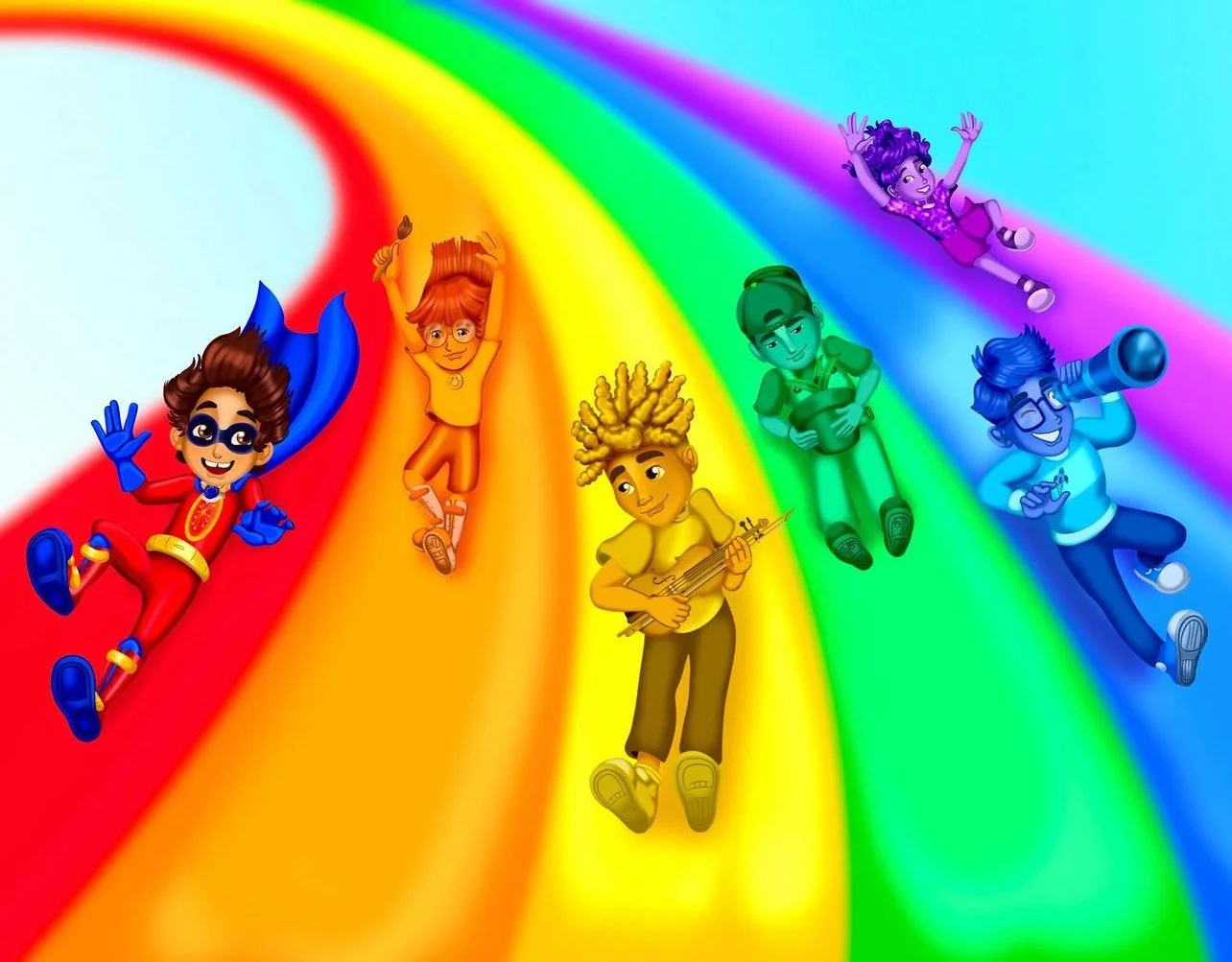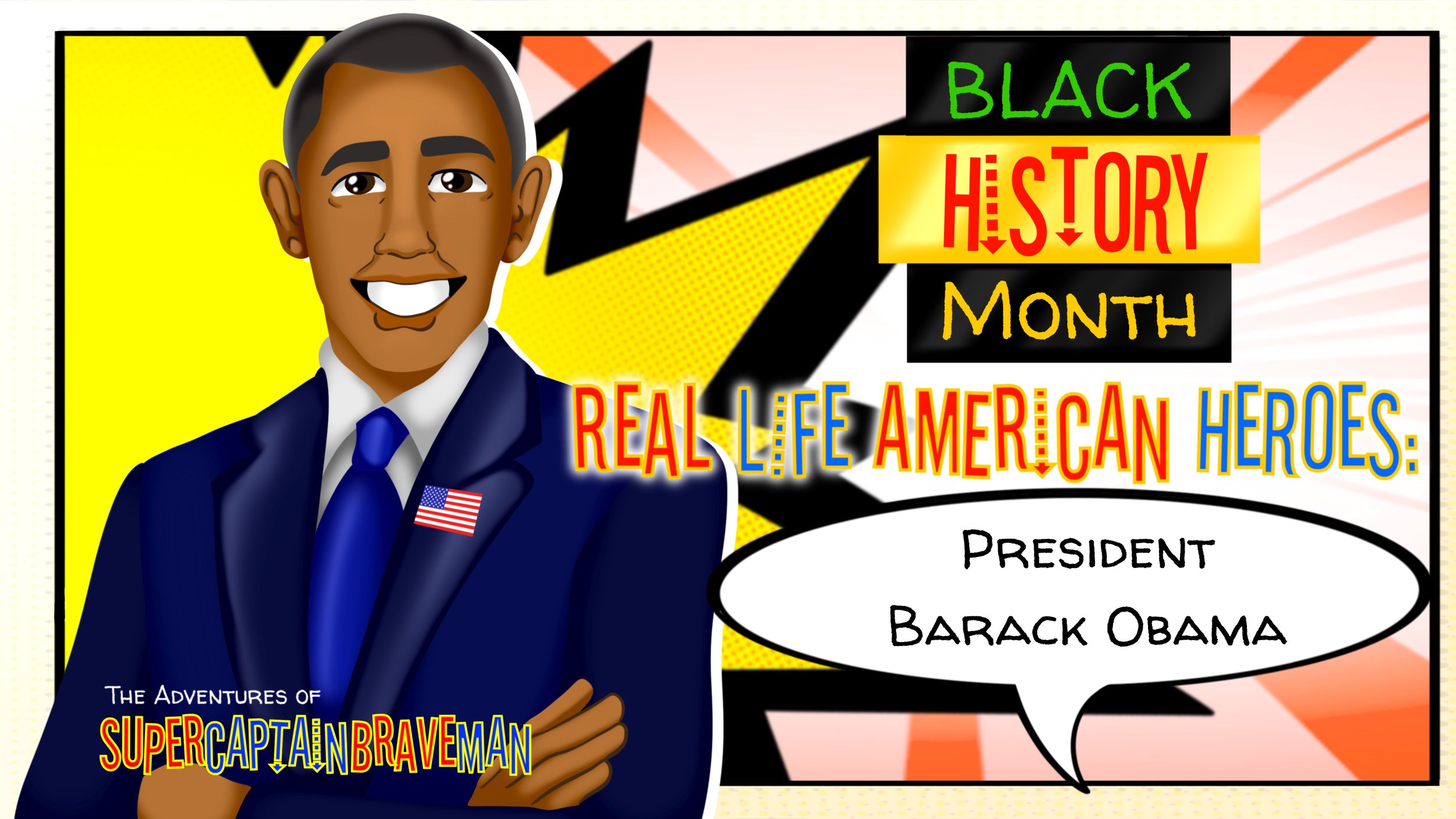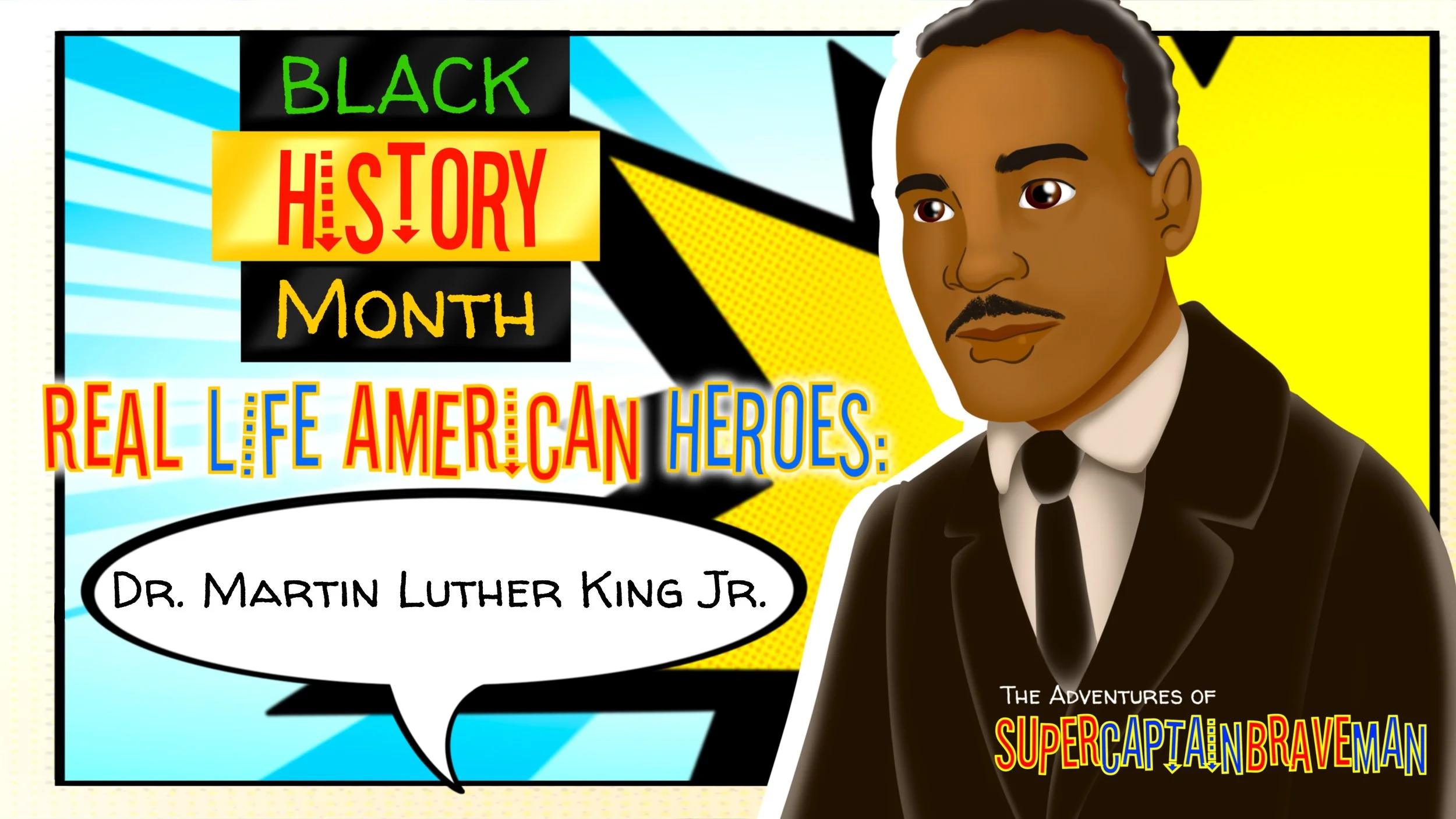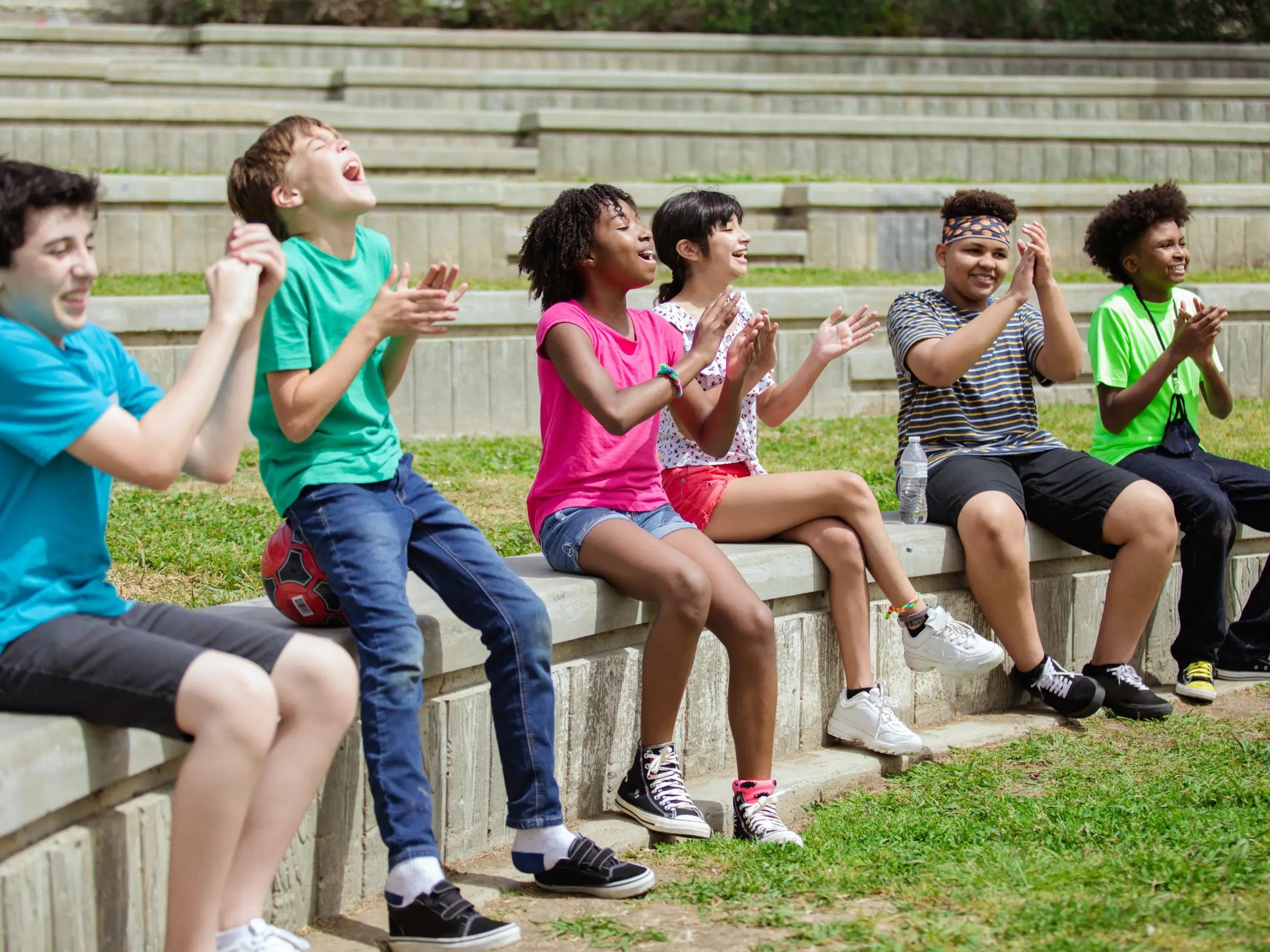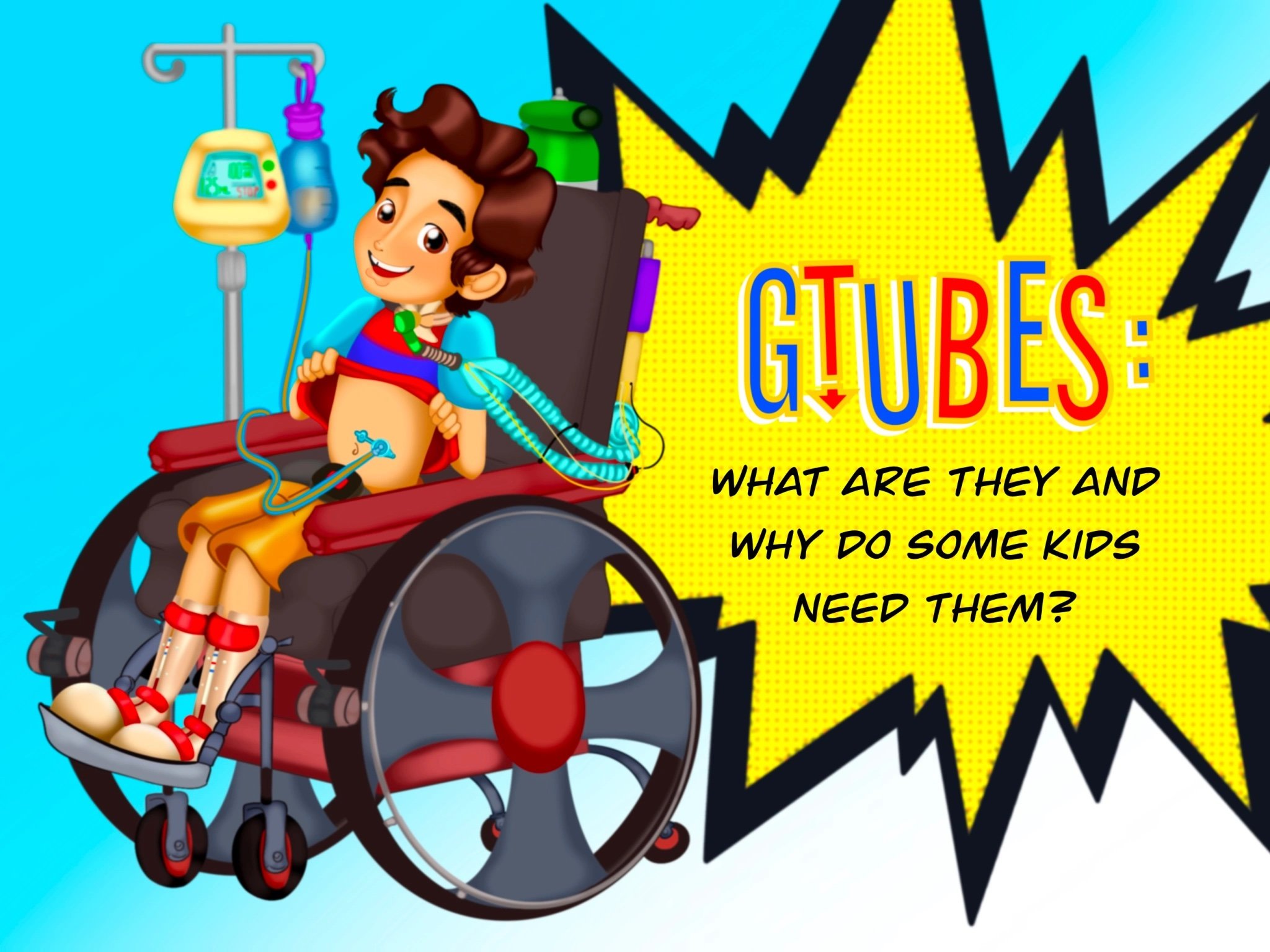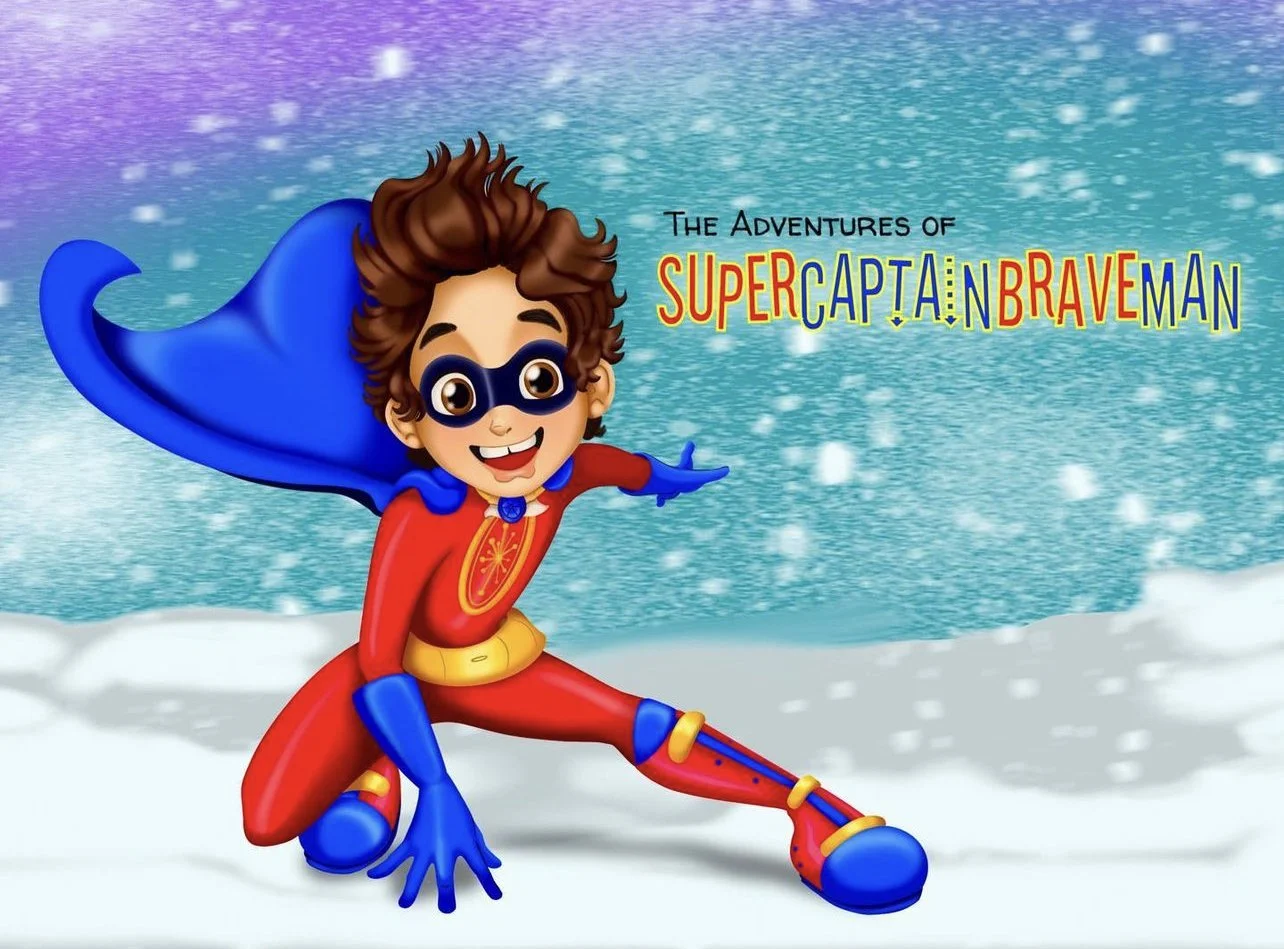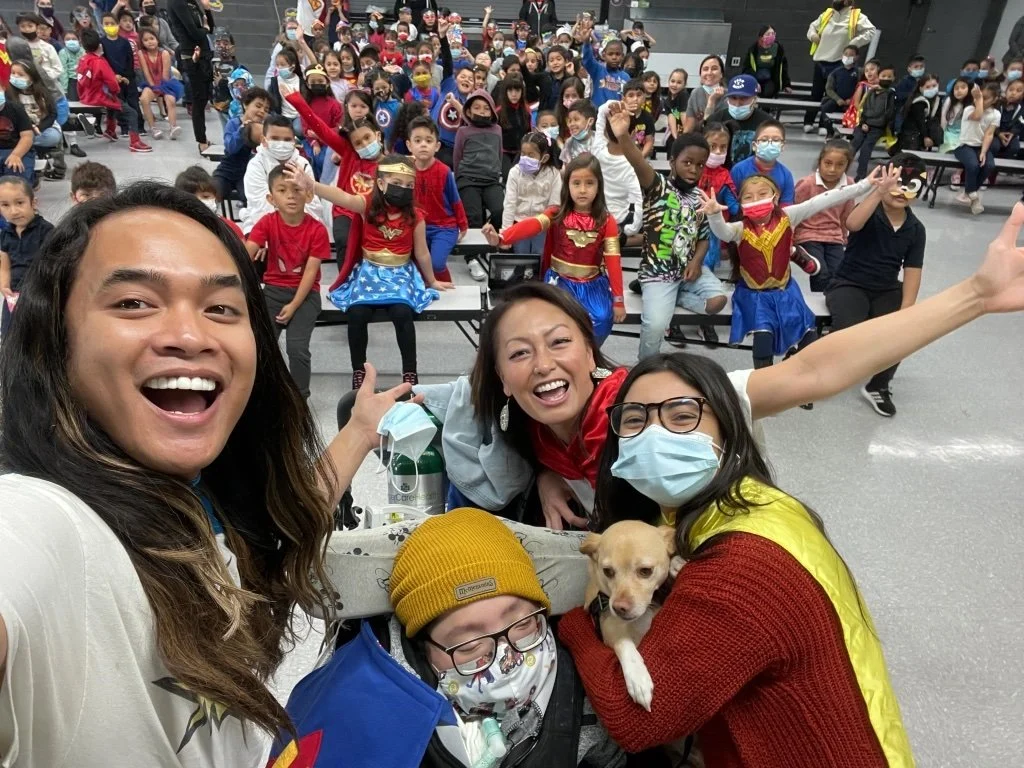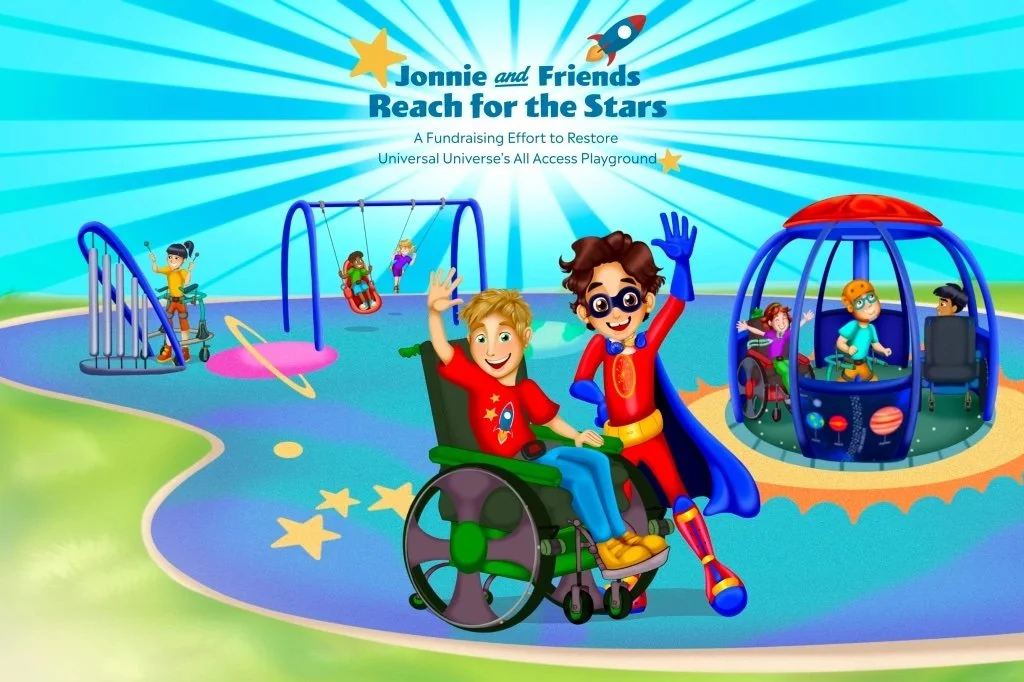The Disagreement Duel: What Can Be Done When We Don't See Eye to Eye?
/There are a lot of things in this world that we all can agree on. We all know how yummy ice cream is. We also can agree that music is fun to dance to. And what about reading stories? Books are always a fun way to spend time together. But what's the best ice cream flavor to eat? How about the best song to listen to? What if I want Mommy to read an adventure book, but my little sister wants to hear a story about a silly pet? There are plenty of times when it can be challenging to agree on something. There is a variety of different things that people have opinions on, and sometimes those opinions can clash. Even with friends and family members you typically agree on everything with, there can be moments where you disagree. So how can you handle disagreements? Is there one right way to make sure you never disagree again?
Knowing how to interact with people who don't always agree with you is a good habit. We might not always see eye to eye with others, but it's important to remember that everyone has their own opinion and that it's okay to disagree sometimes. We all have different points of view and often think there's only one way to tackle an issue.
There are a bunch of ways to handle disagreements productively. It's very easy to slip into an argument when you disagree with someone. When your Mommy tells you and your little brother to pick one cereal at the supermarket, and he wants Fruity Pebbles, but you want Cheerios, that can turn into a disagreement, and you might not be able to come up with a solution. That's okay. Sometimes we are so focused on convincing others that our opinion is better. An excellent first step is recognizing that our opinions on some things might not be the best way to settle a situation. Being respectful is a perfect start to handling disagreements. Even if you disagree with your little brother, it's still important for him to voice his opinion. This means not being rude or saying things like, "That's silly. Cheerios are better!" Like you, your brother has the right to have his own opinion.
We must also listen actively, which is a way of paying attention to what they are saying. Sometimes we believe our opinion is so right that we forget to look at the other person's perspective. Take a moment to consider why their opinion is different by asking questions, being kind, and always saving your response for after they finish talking.
Another way to approach a disagreement is by looking for common ground. Common ground means finding something in their opinion you might agree with. If your little sister wants Strawberries, but you want Raspberries, think about what you like about strawberries. You may like how they taste in a cake. Compromise can be a great way to settle a disagreement.
It's important to take care of yourself and not let an opinion different from yours make you feel upset or angry. But sometimes, when we cannot agree, even after practicing all of our steps, the best thing to do might be to walk away. Take a second to cool down and let the other person cool down too. Remember, when disagreements are little or big, you can't forget to ensure you are okay at the end of one.
Everyone is different and has a unique way of viewing the world. This diversity is what makes friendships so amazing! It's important to respect and appreciate these differences, even when we don't agree. Keep your Super Power of Kindness handy when you have disagreements. You'll be glad you did!






